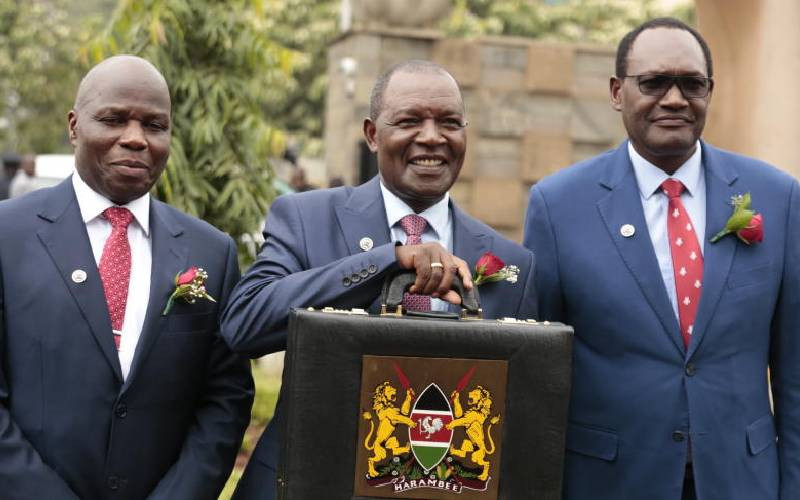×
The Standard e-Paper
Home To Bold Columnists

The Senate is expected to vote on the Treasury's request to raise the public debt ceiling to a percentage of gross domestic product (GDP) rather than a specific number.
This will happen when the House resumes from recess next week.